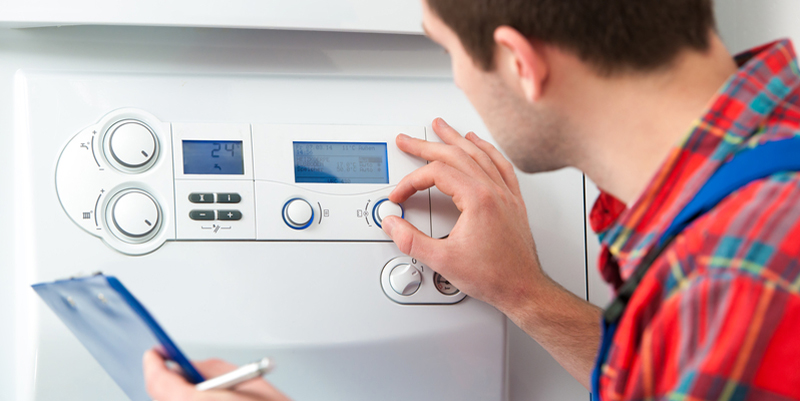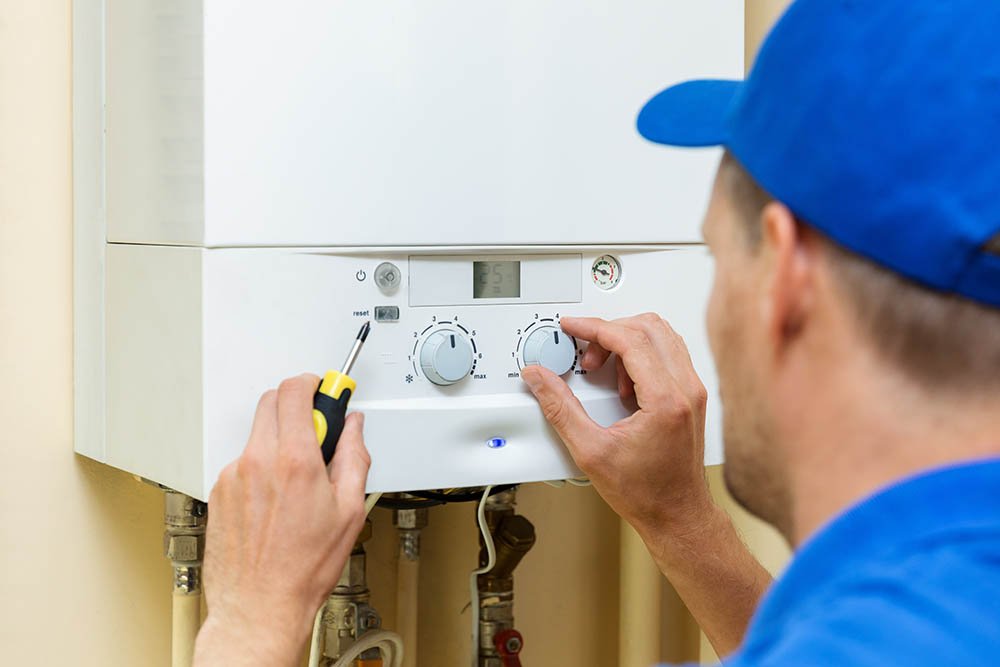
Boilers are essential for any home and in our daily lives. We often forget how lucky we are to have boilers in our homes.
What if the boiler breaks down? Such situations will surely bring us down. But to avoid such a situation, it is recommended to cover your boiler with a boiler breakdown insurance as you can get help from gas safe professional boiler technicians to get your boiler back to normal working condition.
Let’s see What You Need To Know About Boiler Coverage:
What is a Boiler Breakdown Coverage?
Whenever there’s a problem with your boiler, the Boiler coverage insurance plan will make sure to pay for the boiler repairs and service costs. You will be paid for labour costs, and if any new parts are fixed, they are also covered by the plan.
You have many boiler coverage plans like boiler packages where it will cover the entire system. Some insurance providers also cover drains and external repairs.
In boiler-only heating coverage, the insurance provider will cover all the labour chargers, faults in controls, if any and spoiled parts. Few providers might include annual boiler checks along with the plan, but others might do it at extra cost.
Coming Full system boiler coverage plan has benefits as it covers the whole boiler system. It includes radiators, pumps, flues and other related parts.
Advantages of Boiler Cover:
They are two advantages:
- Firstly, paying your coverage monthly or quarterly is good as it saves you a lot of money when some issue related to boilers arises. You won’t need to put in the whole amount at once, which is relatively more.
- Secondly, having coverage will help you be in peace of mind as the insurance provider will send the best plumbing expert to repair, saving you from the fear and hassle of calling the wrong plumber for the repair.
Things That Are Not Included In Your Boiler Cover:
Even when you have coverage, there is always a limit on the number of claims you can make per year. Some might have to pay a little apart from their plan, while others might be exempt from the coverage if the issue is significant.
Choosing the right boiler coverage depends on you and the potential risk you can encounter. If the boiler is ancient, there are more chances that it might meet faults, and taking a whole system coverage is best. If you just moved into a new home and have a new boiler, then boiler-only items coverage is enough.
Types of Boilers:
When living in a home, you need to know which type of boiler you have. Some might have a traditional gas or oil-fired boiler. The terms that we use are Conventional, Condensing and Combination.
Conventional Boiler:
This boiler is used to heat water by burning fuel in the combustion chamber, surrounded by a water jacket. This process is done before the water is transported to the heating system. It is the cheapest option than the condensing boiler and combination one.
Condensing Boiler:
It is similar to a conventional boiler but has good heat efficiency where only 10% of heat is lost compared to traditional boilers, where 22% of heat is lost. For this type of boiler, you need a water tank. Here in this boiler, the water gets heated first, sent throughout the heating system, and reaches the taps.
Combination Boiler:
In this combi boiler, there is no need for any water tank, and the water gets heated up instantly. They are usually minor in size and cost less. Most homes use this combination boiler, which has more benefits than the other two boilers.
If you want to know how to calculate the price for your boiler cover plans, you need to think if you need boiler-only coverage or the entire system. Boiler coverage is cheaper when compared to the Full system, but it all depends on how old is your boiler.
You need to consider the type of the boiler, its age, manufacturer etc., to know which plan to buy.
When choosing your boiler breakdown cover plan, the first thing to know is when they are available. Some of the services will provide 24/7 services while others might not. So opt for a plan that has 24/7 services as you don’t know when a problem will surface.
See that your boiler make and model is included in the plan, which will be helpful for annual checks. Check for average response time and the limit provided in your project as they are essential.
See that you have checked all the rules in your boiler breakdown plan before getting yourself covered.




